Table of Contents
Based in Jaipur, Cancrie is a forward-thinking startup co-founded by Akshay Jain and Mahi Singh, focused on revolutionizing lithium-ion battery technology. The company’s innovative approach involves the use of nanocarbon derived from coconut shells, providing a sustainable and eco-friendly alternative to conventional battery materials. By incorporating this unique, renewable resource, Cancrie is addressing the increasing demand for more efficient and environmentally responsible energy storage solutions. Their technology is not only advancing battery performance but also contributing to a cleaner, greener future by reducing reliance on harmful materials.

Cancrie’s use of coconut shells to create nanocarbon for batteries has the potential to significantly enhance the efficiency and lifespan of lithium-ion batteries. Coconut shells, an abundant and renewable resource, are processed into nanocarbon, which improves the conductivity and energy storage capacity of the batteries. This breakthrough could help reduce the environmental impact of battery production while providing a more sustainable solution for various applications, including electric vehicles and renewable energy storage. Through their innovative use of coconut shells, Cancrie is positioning itself as a key player in the future of energy storage, pushing the boundaries of both performance and sustainability in the battery industry.
Addressing Environmental Concerns
As the demand for electric vehicles (EVs) and renewable energy sources surges, the need for efficient energy storage solutions becomes imperative. However, traditional battery manufacturing processes contribute to environmental degradation through resource extraction. Akshay Jain highlights this issue, emphasizing the urgency to find eco-friendly alternatives.
Innovative Solution of Using Coconut shells to create Nanocarbon for batteries
Recognizing the need for sustainable battery materials, Akshay and Mahi developed a patented technology to produce nanocarbon from agricultural waste, particularly coconut shells. This innovative approach not only repurposes waste but also enhances battery performance significantly, reducing reliance on raw material extraction.
Agri-waste Upcycling
Akshay and Mahi’s journey began with research on upcycling agricultural waste into valuable resources. After extensive experimentation, they successfully converted agri-waste into high-value nanocarbon, marking a pivotal breakthrough in battery technology.
Commercialization and Market Impact
In 2020, Cancrie was established to commercialize their innovative solution. By leveraging coconut shells as a precursor for nanocarbon production, the startup capitalized on the material’s abundance and commercial feasibility. The resulting nanocarbon exhibits superior properties, enhancing electrochemical reactions within batteries.
Enhancing Battery Performance
Cancrie’s nanocarbon has demonstrated remarkable results in improving battery efficiency and lifespan. Through rigorous testing and collaboration with leading battery manufacturers, the startup has successfully integrated its technology into lithium-ion hybrid batteries, achieving a 125% increase in energy density.
Real-world Applications
The impact of Cancrie’s technology extends beyond theoretical advancements. Real-world applications include extending the range of two-wheelers and enhancing the lifespan of lead-acid batteries. Kiran Chinchane, owner of Laurus Batteries, attests to the tangible benefits observed in battery performance and reduced warranty returns.
Environmental Sustainability
Beyond economic benefits, Cancrie’s innovation contributes to environmental sustainability by minimizing CO2 emissions associated with battery production. With projections indicating significant reductions in greenhouse gas emissions by 2050, the adoption of nanocarbon technology offers a promising pathway toward a greener future.
Conclusion
Cancrie’s journey exemplifies the transformative power of innovation and sustainability in addressing global challenges. By repurposing agricultural waste with advanced nanocarbon technology, the startup not only enhances battery performance but also mitigates environmental impact. As the world embraces cleaner energy solutions, initiatives like Cancrie pave the way for a more sustainable and prosperous future.
Related Posts


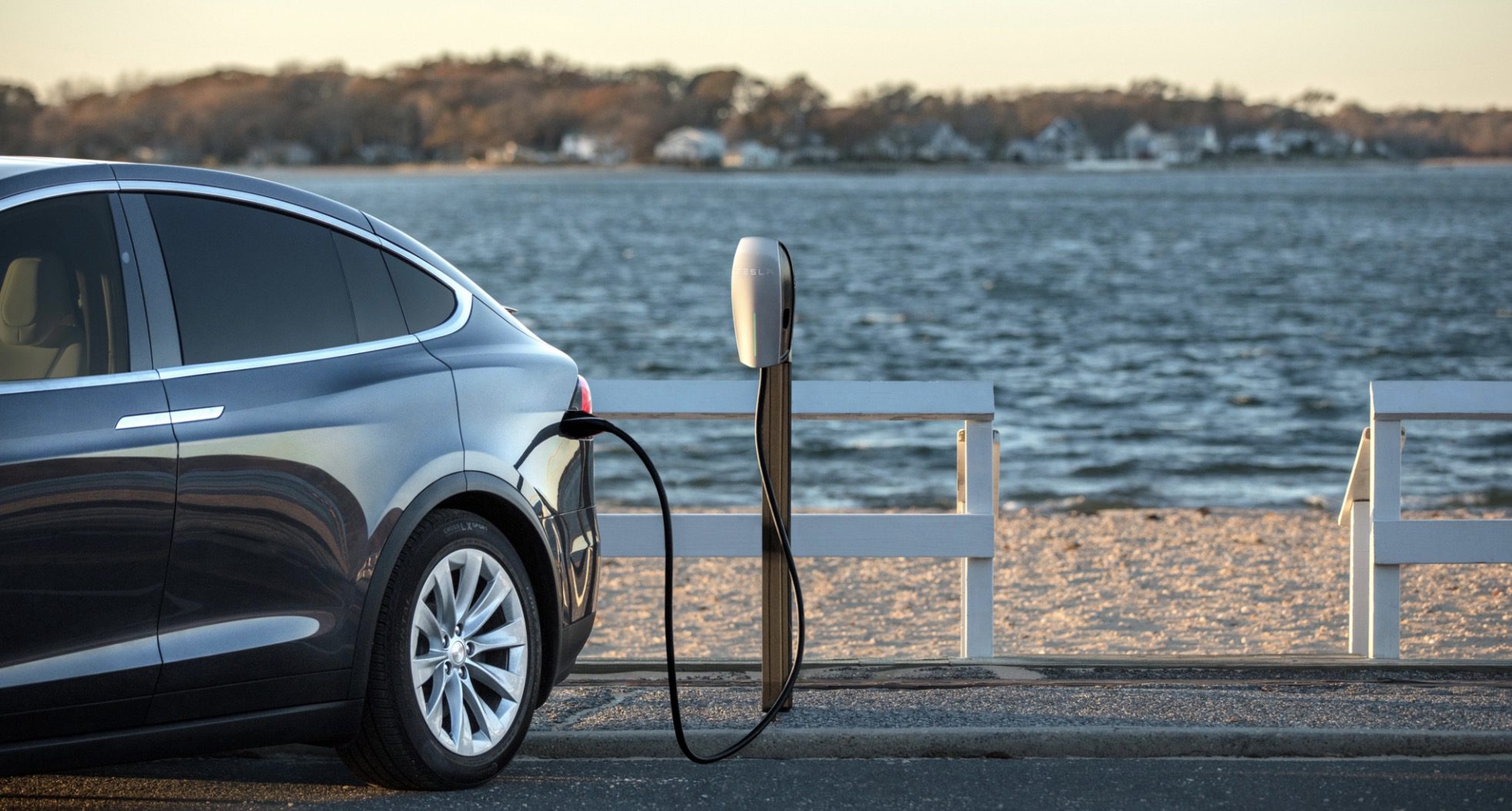
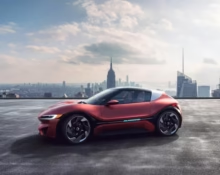

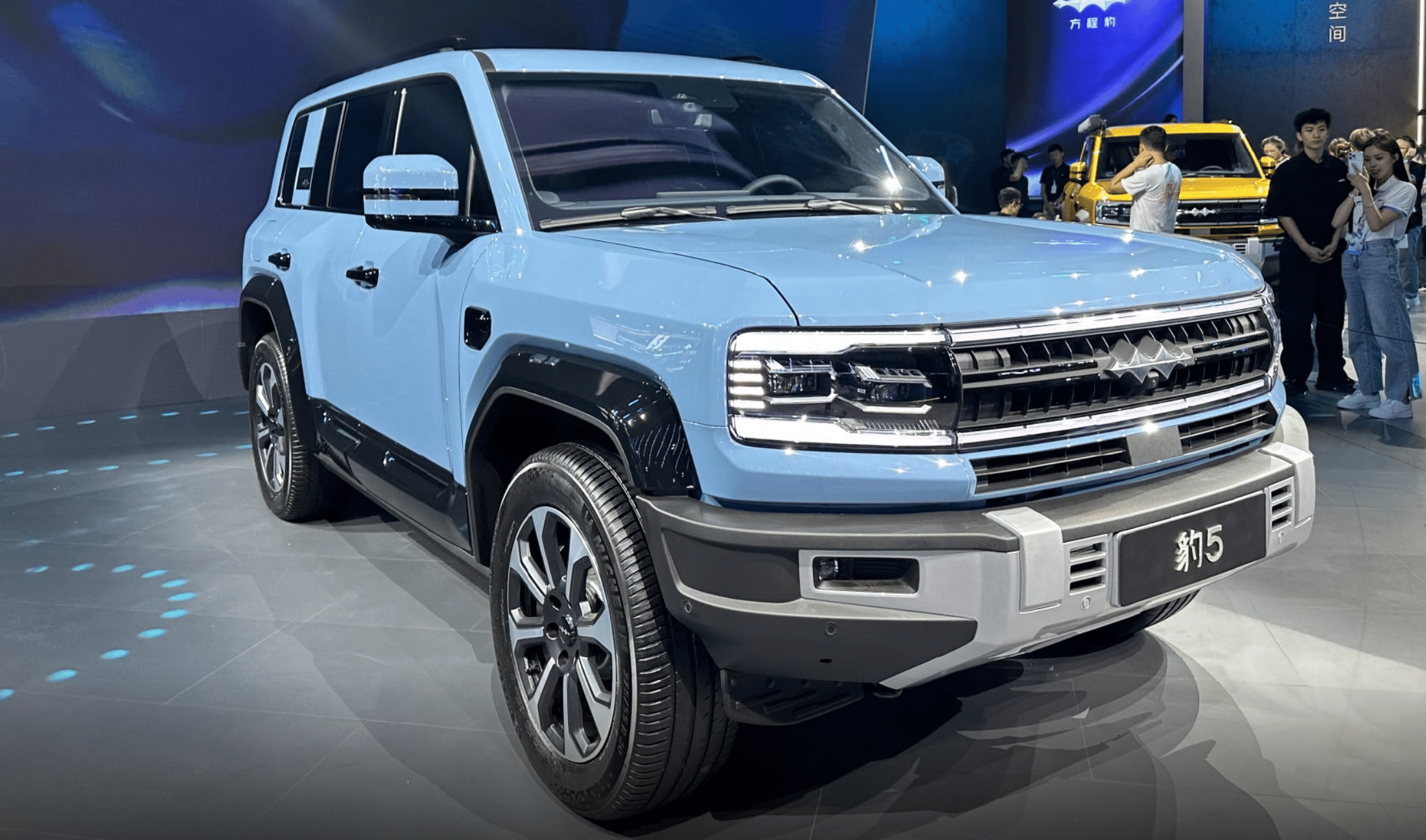
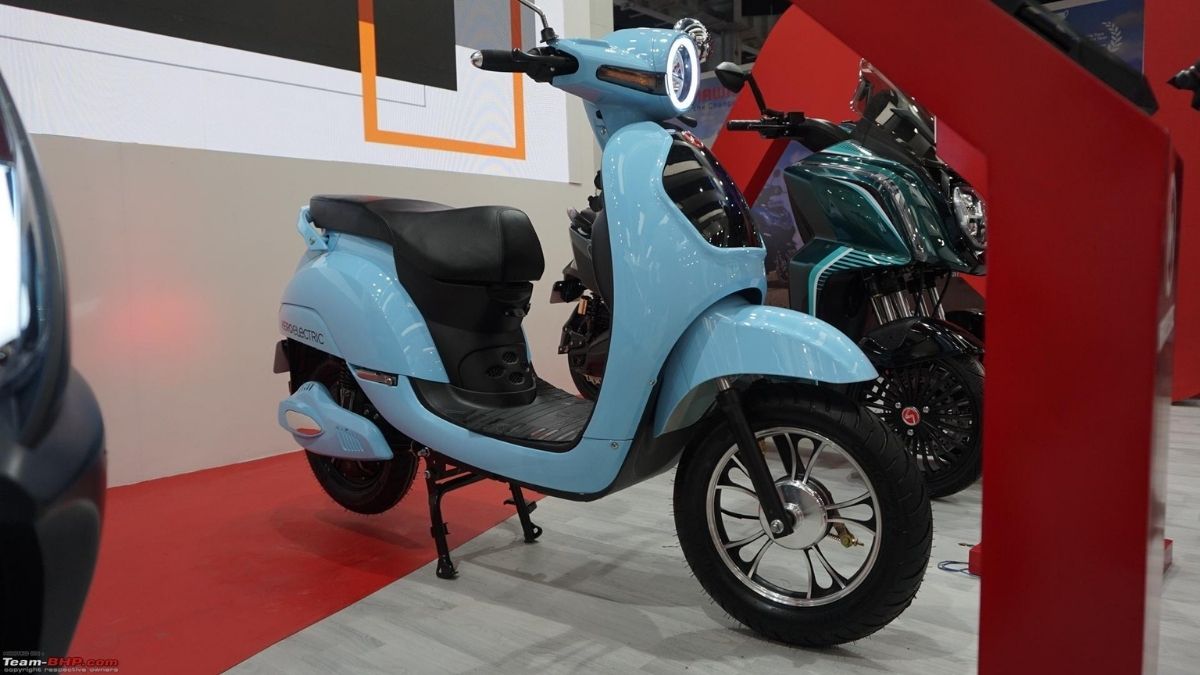
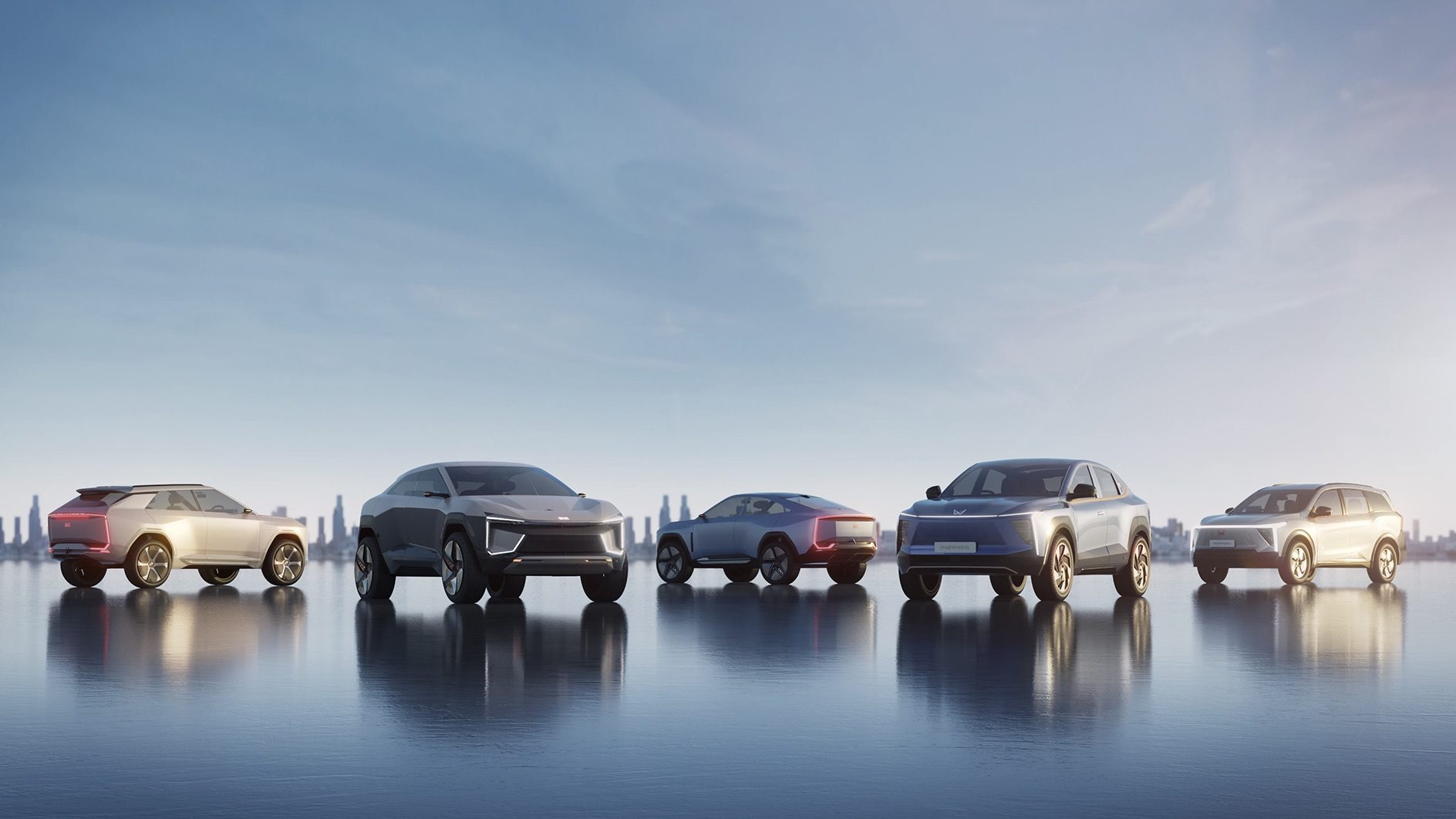
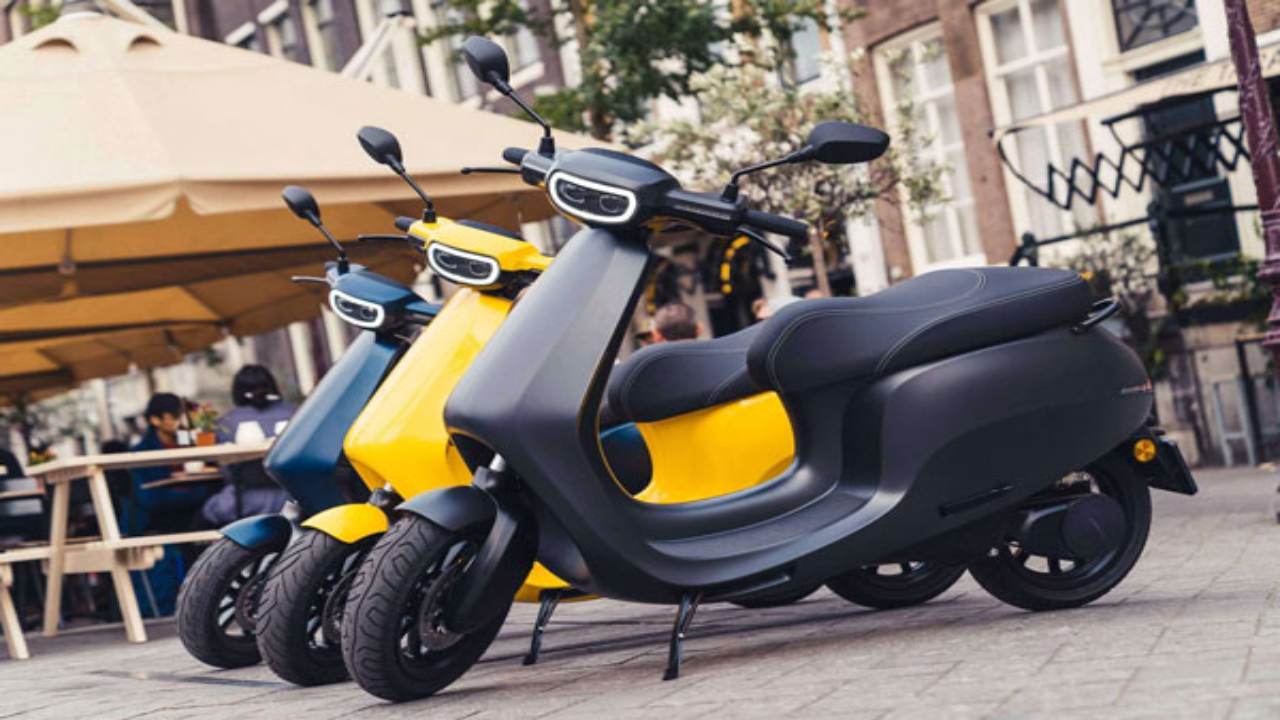

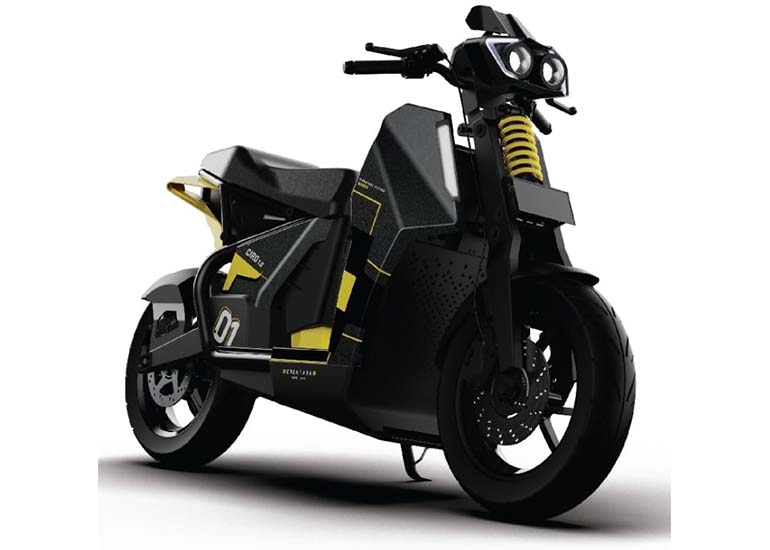
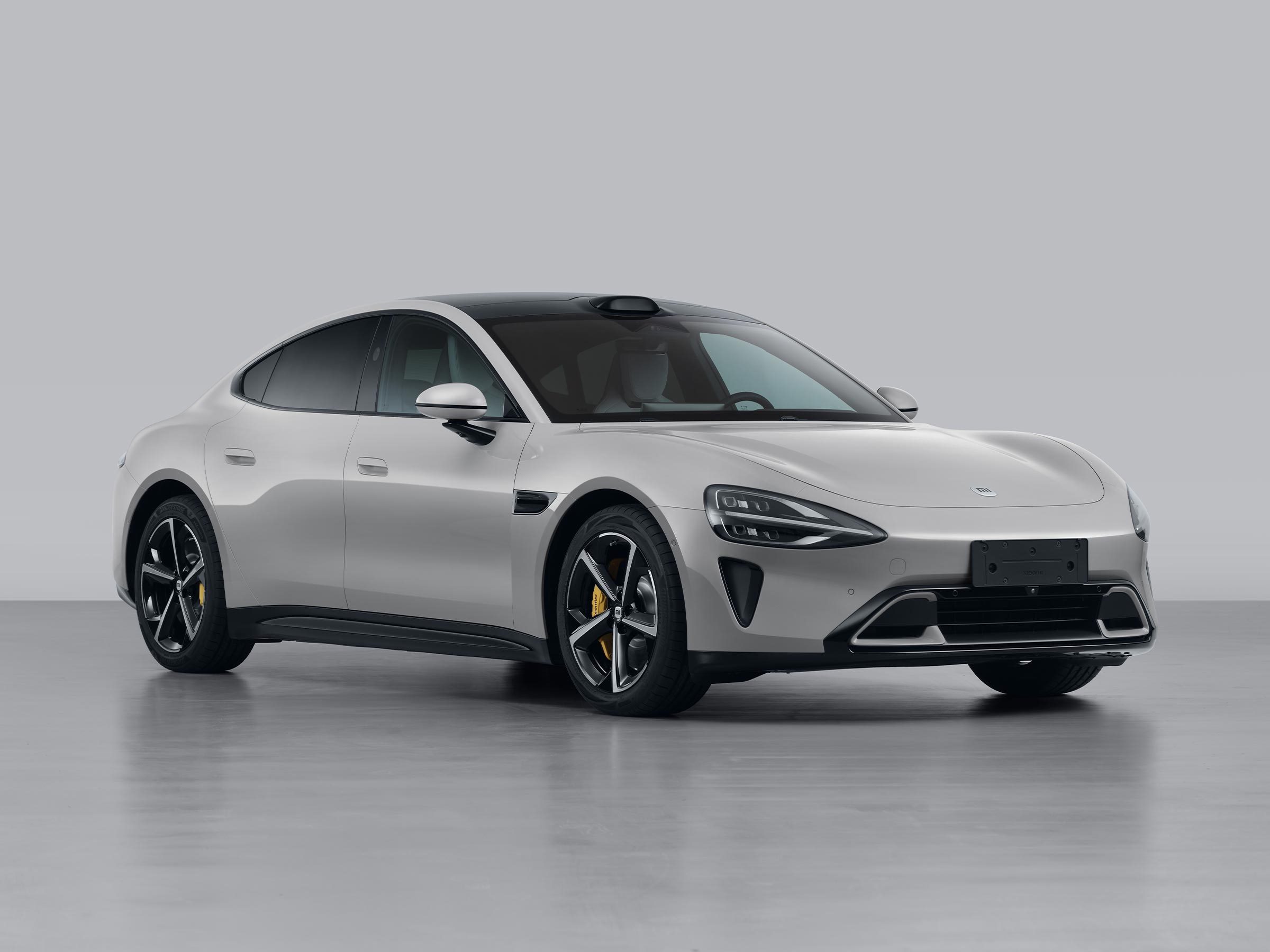

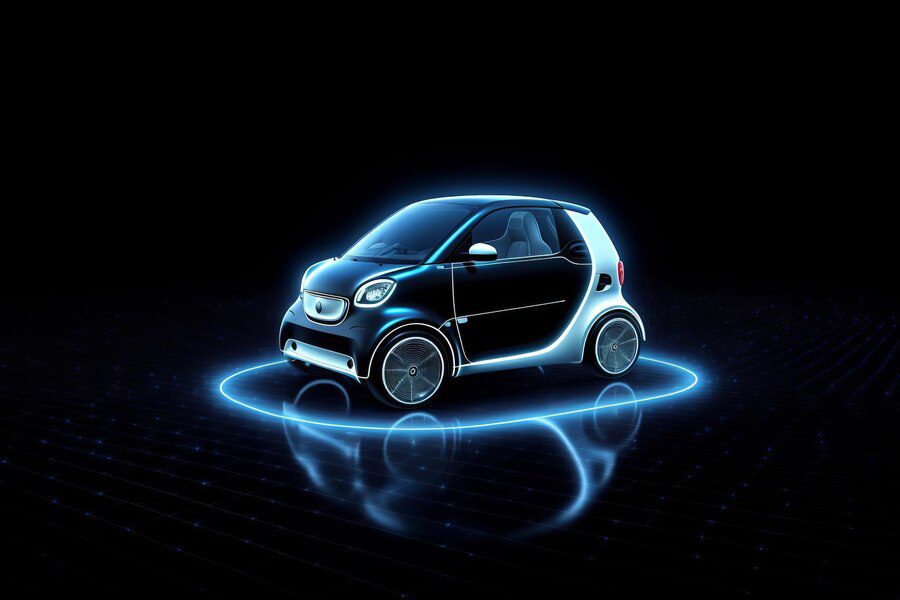
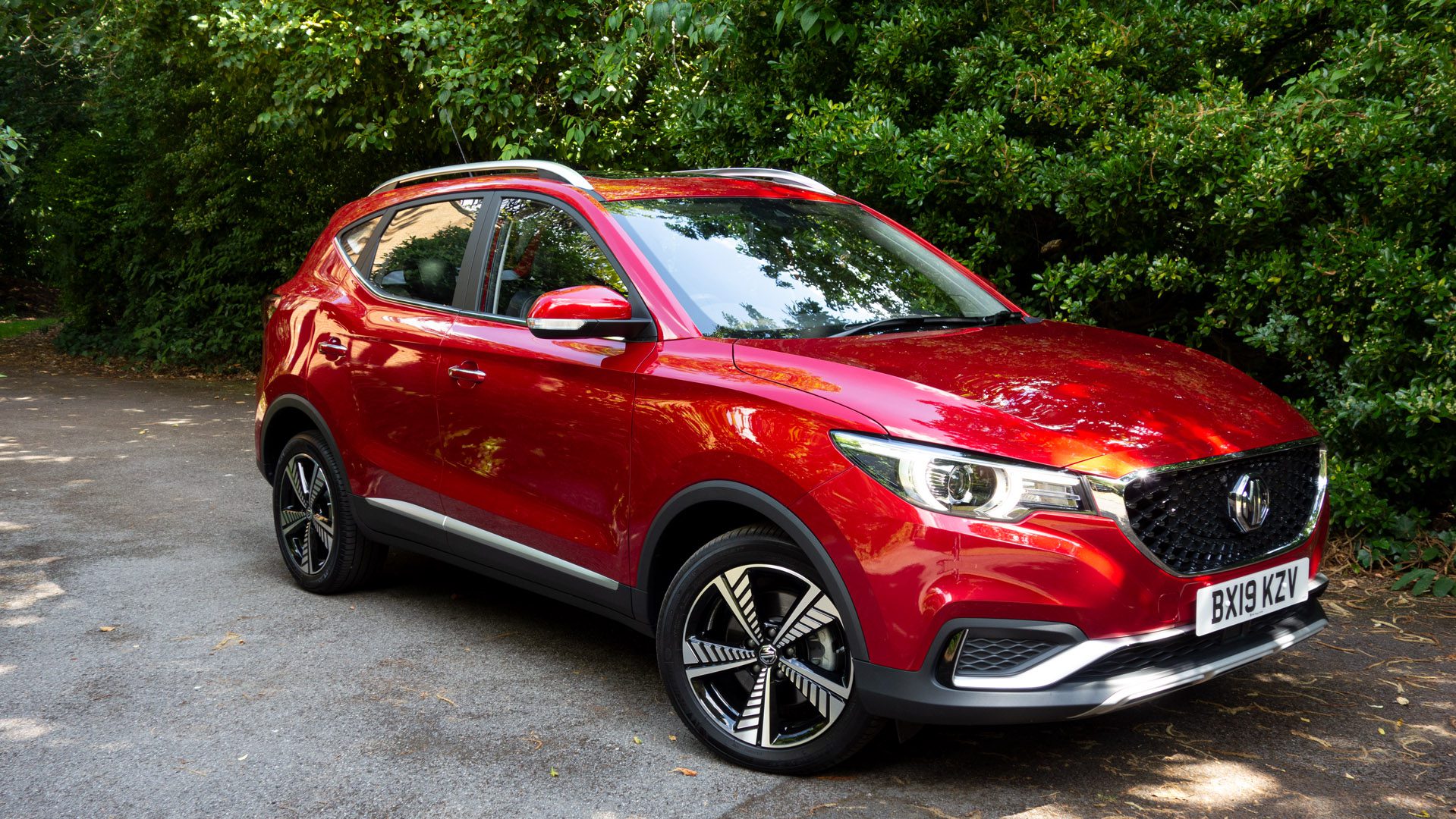






Leave feedback about this